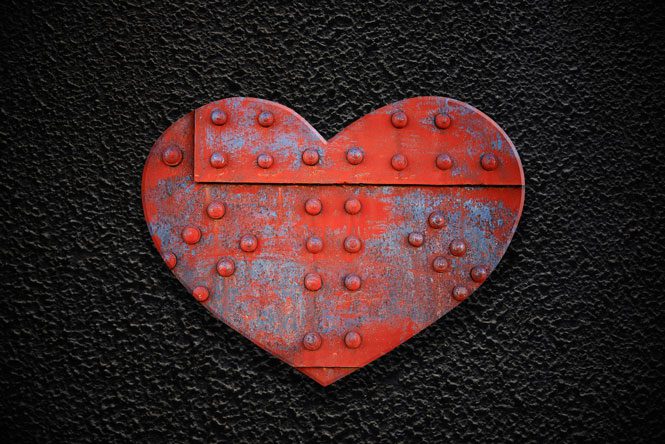 We all walk fine lines at different points in our lives.
We all walk fine lines at different points in our lives.
When a friend asks us if the dress she’s wearing fits a little too snugly. When trying to treat our children equally and fairly. When our spouse is passed out after polishing off a 12-pack and they’re supposed to be at work in 20 minutes. What do we do? How do we answer the difficult questions and handle the touchy situations without hurting – or losing – the ones we care about?
The Easy Way Out
Covering for loved ones who are suffering from substance use disorder is generally our first instinct. We don’t want them to hurt, because we are aware the substance use is likely a coping mechanism for pain and stress already in their lives.
In our minds, covering for them is helping. We think that calling into work saying they’re ill, postponing a dinner date with friends, or hiding their substance abuse from other family members is protecting everyone involved. That’s not the case. This behavior is enabling, and it actually makes the problem worse.
The Wolf in Sheep’s Clothing
The problem with enabling is that it starts out with good intentions. We think we’re helping. It feels so benign. We’re just making a phone call to change something one time. That can’t hurt our loved one, can it?
Before long, we have convinced ourselves that every little cover-up and half-truth we tell is snowballing out of control. Our desire to help has thrown off its wool cloak and bared its fangs as the wolf it really is. We are now consumed by the constant need for more cover-ups and more lies. Our idea of help has created a monster through our enabling.
The hardest part about breaking free from the enabling cycle is the fact that this entire time the person we love has been drawn deeper and deeper into their addiction. They have had limitless opportunities to be unaccountable for their responsibilities. They have been given free rein to dive into substance use.
Loved ones suffering from addiction will be enraged at having to be accountable again. They only want to be accountable for their next high, not for picking their children up from school or calling in to work. They will make you feel terrible and guilty by claiming they are a victim. They will claim you’re not helping them. However, it is the substance use that is angry, not the person. It is the addiction that you are no longer helping, and that is what you need to draw strength from.
Turning the Tides
Choose a time when your loved one is most sober. A good time is likely when they first wake up, as that is before they have had time to engage in their substance use. Come to them out of love, concern, and wanting to help.
The help they will want is help to continue their substance use. You will need to calmly and lovingly redirect their attention from what they have been doing to what they have been missing. Remind them that they have family and friends that care about them. Mention things they have excluded themselves from and people they have been avoiding as they have engaged in their addiction. Rally everyone together and present a united front so your loved one knows there will be boundless support when they choose to seek recovery.
Tough Love
The term “tough love” isn’t just pertaining to the actions being difficult on the receiving end for your loved one, it will be extremely hard on you as well. It is always a challenge to see someone you care about struggling and suffering. The empathetic person wants to help, and as we discussed earlier, that is a double-edged sword. What will ultimately help the most is getting the person controlled by their substance use the help they so desperately need.
In order for any treatment to work, however, the person with the addiction needs to want treatment and recovery. Until they accept that their substance use is a problem and not a solution, the chance for relapse is extremely high.
Your loved one will need to come to terms with the people their substance use has hurt and take responsibility for their actions while under the influence. For the family and friends, this may entail watching them lose a job, doing activities without them if they show up under the influence, or even watching them getting arrested.
It will be extremely hard to make your loved one face these consequences, but always remind them that it is their addiction getting them into the situation, and you as their family and friends will be complete support if they choose to achieve recovery.
The Light at the End of the Tunnel
When someone suffering from substance use disorder chooses recovery, it is a relief for their family and friends. However, the journey isn’t over yet! The recovery process is challenging, and they will need all the support you can give. Addiction affects the entire family, which means you must all be involved in the recovery process.
It will continue to feel like “tough love” for a time, but constantly reminding them that you enforce the boundaries and rules out of love for them and a desire to see them healthy and sober should temper the difficulty. Keeping everyone’s eyes on the prize – the recovery from substance use disorder – will help everyone involved remember the journey is worth every difficult moment once you reach your destination!


